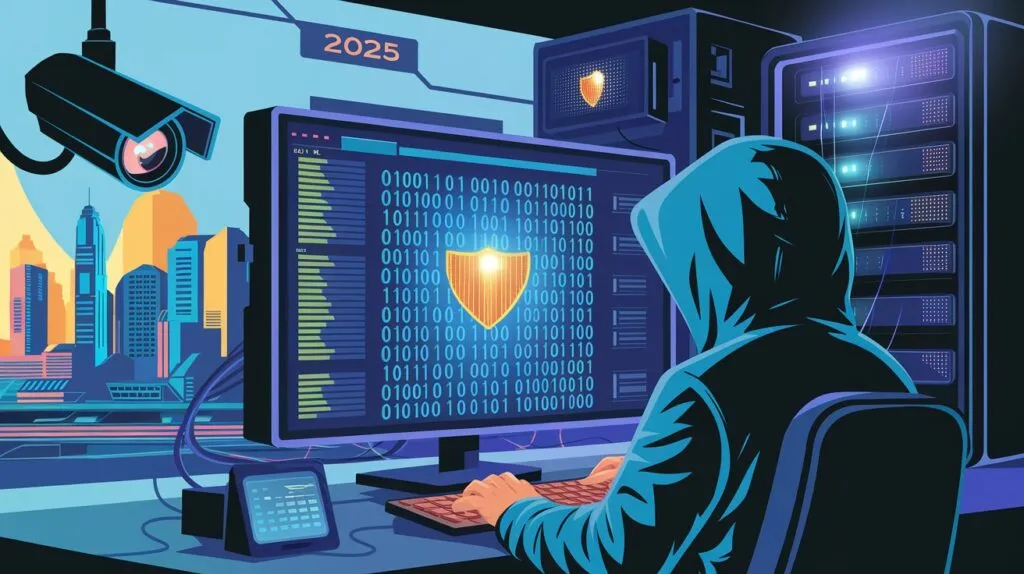If you learn how to code yourself, you can start in cybersecurity. A Non-Technical Guide
Description:
Read about how to start in cybersecurity without knowing any computer programming languages! Find out about non-technical routes, tools, certifications, and approaches to grasp cybersecurity foundations in 2025. Start your journey today.
Introduction:
Did you know40% of cybersecurity roles don’t require coding expertise? Contrary to common opinion, one does not have to program to succeed in cybersecurity.. If you like working with data and want to protect it, but programming seems too difficult, make yourself at home here! Having attention to detail and an interest in critical thinking are traits anyone can use in the field of cybersecurity. In the following guide, I will explain how you can start and grow in cybersecurity without being a programmer. Let’s tackle these myths and allow you to really achieve your potential! click here
Coding Is Not Always Needed to Stay Secure Online
• The idea of cybersecurity being only about coding has been debunked.
• Key non-technical cybersecurity domains: risk management, compliance, policy design.
• Real cases of individuals being successful in their jobs without computer programming knowledge.

You Can Understand Core Cybersecurity Concepts Regardless of Whether or Not You Code
• Network security fundamentals: Firewalls, VPNs, and traffic analysis.
• Security frameworks: NIST, ISO 27001, and GDPR compliance.
• Threat intelligence: Analyzing trends and attack patterns.
• Incident response: Managing breaches and mitigation strategies.H2: Non- Steps for Teaching Coding to Individuals looking to Learn Cybersecurity
• Certifications: CompTIA Security+, CISSP, CISA, and CEH are courses designed for theoretical focus.
• Hands-on labs: Joining sites like TryHackMe where challenges are clearly laid out for you.
• Security awareness training: Conducting phishing simulations and training for social engineering defense.
• Policy and governance: Creating rules for security and setting up audits.
Tools and Resources for Non-Programmers
• Vulnerability scanners: Nessus, Qualys, and OpenVAS.
• SIEM tools: Splunk and IBM QRadar are good choices for log analysis without the need for scripting.
• GRC platforms: I have found MetricStream and RSA Archer to be useful for governance and compliance tasks.
• Free resources: Cybrary, Coursera’s Introduction to Cyber security.
How to Climb the Cybersecurity Ladder Without a Background in Coding
• Top non-technical roles: These roles can be classified as Security Analyst, GRC Consultant, and Cyber security Auditor.
• Leveraging soft skills: You need to focus on communication, critical thinking, and project management.
• Networking tips: You can join ISACA or (ISC)² groups and LinkedIn groups to meet more members.

Always trying to learn new things since things move fast in data science
• Examples of Twitter feeds to follow include KrebsOnSecurity and Lesley Carhart.
• Podcasts and blogs: The Hacker News, CSO Online, Darknet Diaries are my preferred sources.
• Attending virtual conferences: Black Hat is the part of DEF CON that focuses on policies.
Conclusion:
Being a skilled developer isn’t necessary for being great in cybersecurity. Gaining a good understanding of key frameworks and policies can be rewarding in this busy field. Feeling ready to take the initial leap? You can start by getting certified if you are new to cybersecurity, or you may also join a community of like-minded people. There is a place for your talents in the digital world, so help protect it! more


